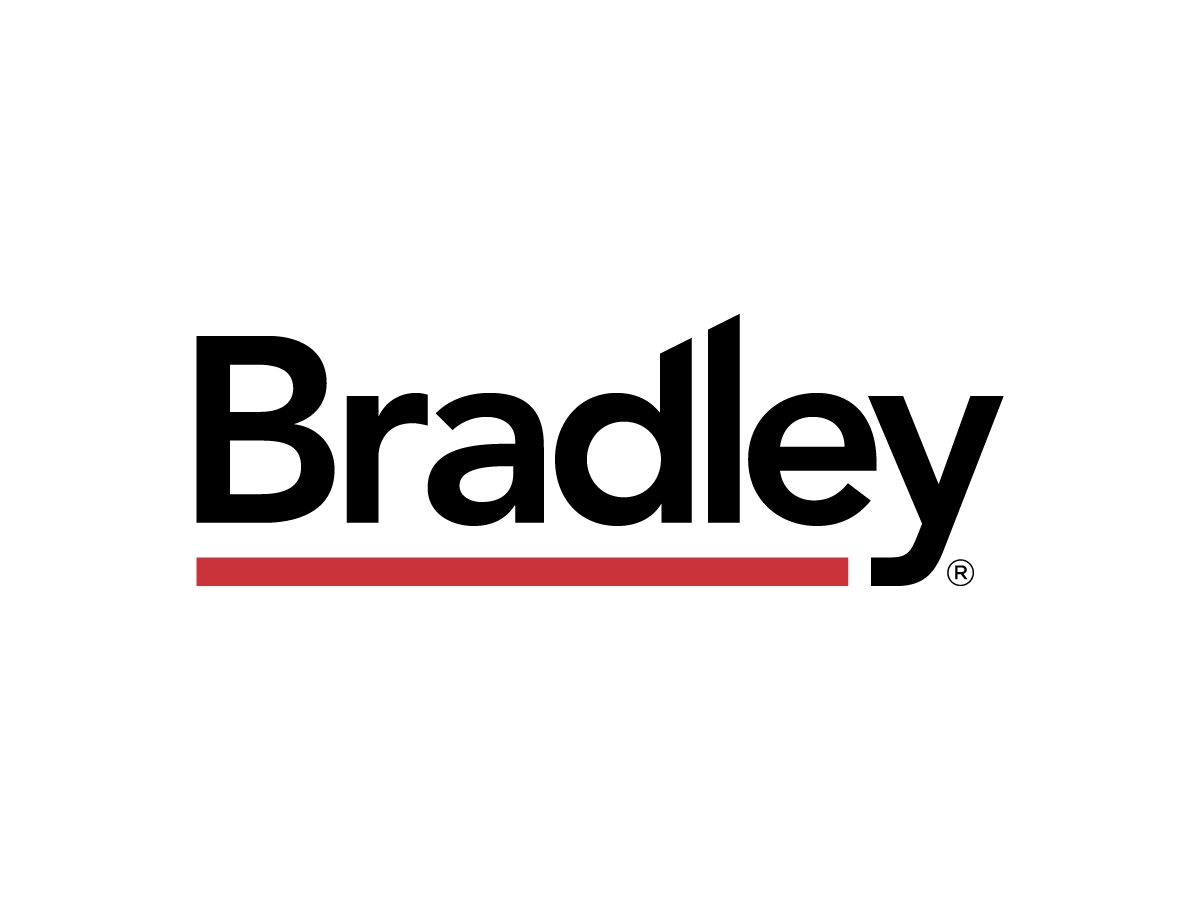Who Benefits From The House W&M Tax Bill?
The House Ways & Means tax plan would help low-income and wealthy households. TPC is out with model estimates of the major provisions in the bill to make the child tax credit and certain business tax breaks more generous through 2025. It would boost after-tax incomes for households by an average of $160 in 2023, with more noticeable tax cuts at both the top and bottom of the income distribution. Higher benefits for the top 1 percent of taxpayers in 2023 are due to the retroactive portion of the business tax changes, while lower-income households mostly benefit from the CTC adjustments. “TPC’s model allocates a portion of corporate tax changes to both the labor force and shareholders. However, our model assumes that retroactive business tax breaks mostly benefit shareholders.”
Don’t forget about the low-income housing tax credit. A less-discussed piece of the bill would make the credit more generous to incentivize the construction of more affordable housing. Via Bloomberg: “In 2018, Congress temporarily raised the amount of tax credits allocated to each state by 12.5%, but that expansion expired in 2021; the current tax deal seeks to restore the increase.”
Another idea for going after the “buy, borrow, die” tax avoidance strategy. In Tax Notes (paywall), an opinion piece by two law school professors—Edward Fox at the University of Michigan and Zachary LIschow at Yale—suggests a different strategy to clamp down on a common tax practice of billionaires. Instead of cashing in assets they own and paying capital gains taxes, the ultra-wealthy can instead use those assets as collateral to borrow large sums of cash. “The [realization] rule is based partly on the notion, correct or incorrect, that gains aren’t real until they become cash. But that argument does not apply when billionaires borrow against their gains and use the money.”
UK Chancellor Jeremy Hunt eyes tax cuts for individuals. Several news outlets are reporting on Hunt’s plans to cut taxes, but no details are available as the government waits on new economic forecasts to move forward with its fiscal planning. The UK is due to hold its next general election before Jan. 28, 2025, and Prime Minister Rishi Sunak said Hunt will be staying on in his post. Hunt has also said elsewhere that the UK may already be in a recession.
In Brazil, a key policymaker backtracks on plans to revoke payroll tax breaks. Per Reuters, Rodrigo Pacheco, president of Brazil’s Federal Senate, said the government will not move forward with a plan to rescind payroll tax exemptions that are supposed to stay in place until 2027. “The exemption will stand, and there is a commitment from the federal government to…revoke this provisional measure in the part that concerns the payroll exemption,” Pacheco said at a Lide Group event in Switzerland.
For the latest tax news, subscribe to the Tax Policy Center’s Daily Deduction. Sign up here to have it delivered to your inbox weekdays at 8:00 am (Mondays only when Congress is in recess). We welcome tips on new research or other news. Email Renu Zaretsky at [email protected].






